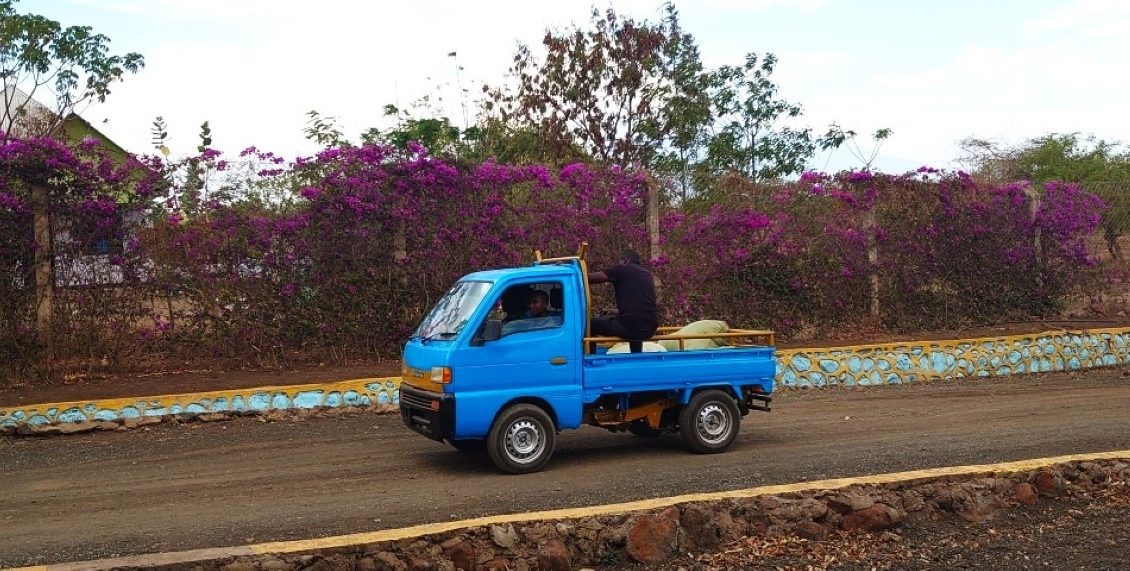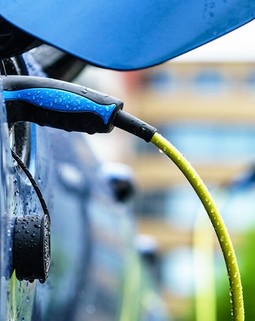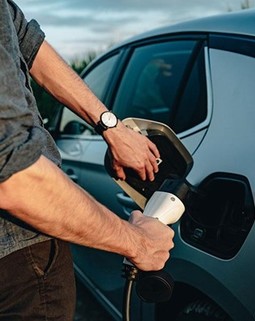In an inspiring example of creativity and eco-consciousness, Form Five students from Arusha Science Secondary School in Tanzania have achieved a significant milestone by designing and building an electric car. This ambitious project not only showcases their technical expertise but also emphasizes the role of youth-driven initiatives in tackling global environmental challenges.
Overview of the Project
The electric car, which can cover a distance of 70 kilometers on a single six-hour charge, is the product of 19 months of dedicated effort by a team of five students. With an investment of over Sh6 million, the initiative addresses pressing issues such as air pollution and the over-dependence on fossil fuels.
Meet the Innovators
The bright minds behind this groundbreaking project include 18-year-old Innocent Mtei and 17-year-old Diana Mwacha. They highlighted that the electric vehicle is the result of years of dedication and teamwork by the students, aimed at offering sustainable solutions to environmental and fuel scarcity challenges.
Key Features of the Electric Car
Equipped with a cutting-edge electric control system, the car operates efficiently after a six-hour charge using a Tanesco power socket. Capable of reaching speeds of up to 70 kilometers per hour, the vehicle reduces fuel and maintenance expenses. With zero harmful emissions, the car is an environmentally friendly alternative to conventional fuel-powered automobiles, requiring minimal upkeep.
Educational Significance
The project is a testament to the school's commitment to bridging theory and practical application. According to the supervising teacher, Mr. Godlisten Lema, this initiative aligns with the institution's mission to equip students with 21st-century skills. It prepares them for the modern workforce while enabling them to create solutions for pressing societal needs.
Vision for the Future
Currently undergoing final tests, the electric car holds great promise for mass production, provided sufficient funding is secured. Additionally, the students aim to revolutionize the automotive industry by converting conventional fuel-powered vehicles into electric models, enhancing eco-friendliness across the board.
Other Notable Innovations
The electric vehicle project is one of many groundbreaking initiatives at Arusha Science Secondary School. Other student-led projects include a solar-powered vehicle designed for transporting goods and robotics innovations, such as security robots capable of recognizing symbols. These efforts underline the potential of Tanzania’s youth to drive industrial transformation and economic progress.
Conclusion
The electric car developed by Arusha Science Secondary School students reflects the ingenuity and environmental awareness of Tanzania's future leaders. By blending academic knowledge with hands-on experience, these young innovators are addressing critical global issues while paving the way for a greener, more sustainable future. Their remarkable achievements underscore the importance of nurturing innovation within educational settings and its transformative impact on society.





